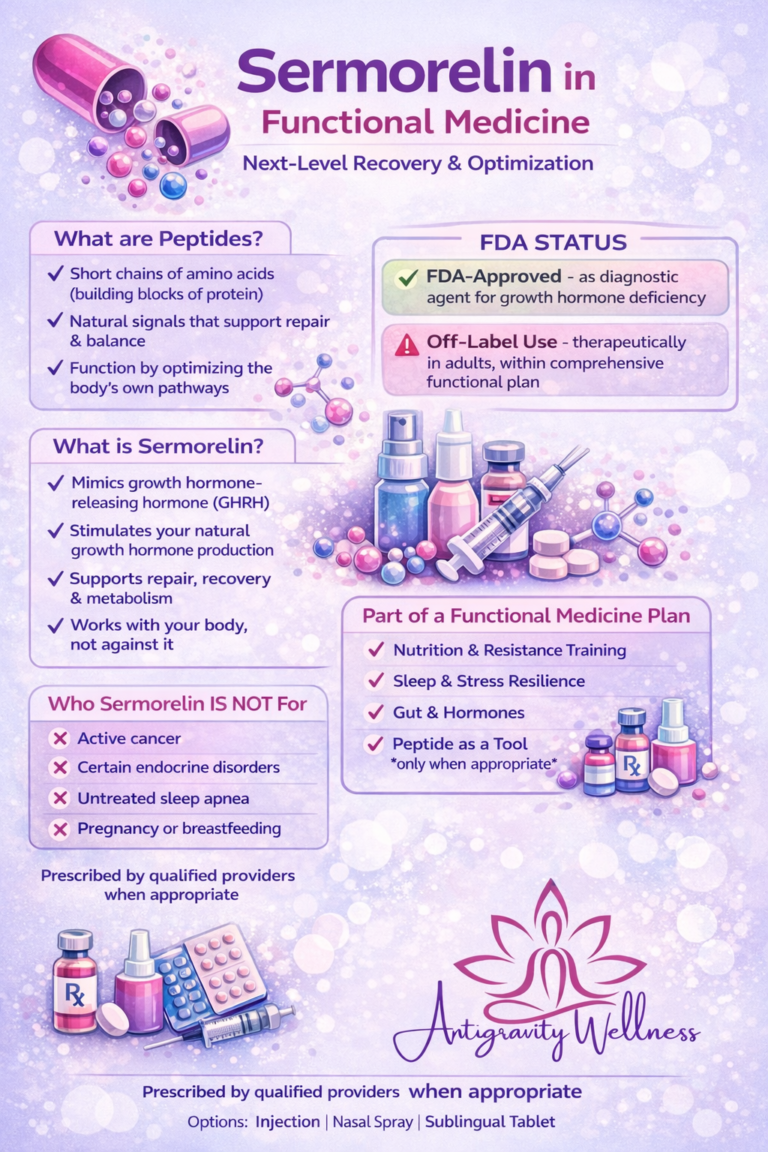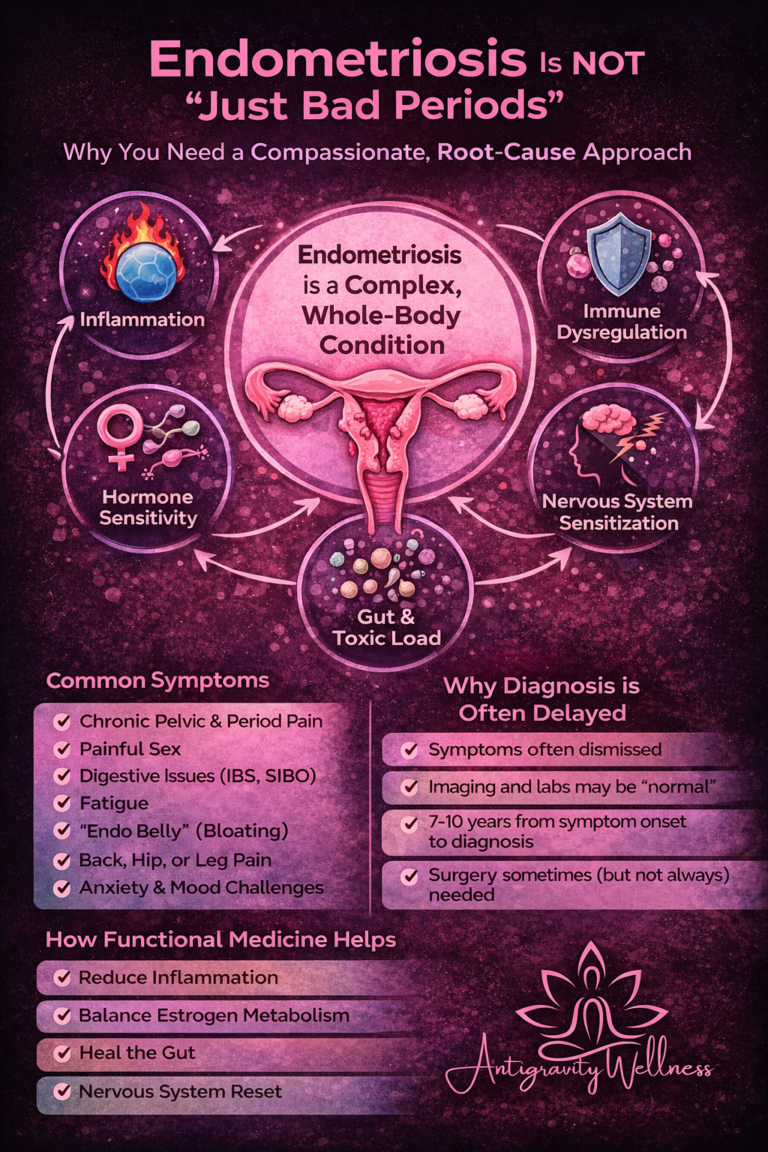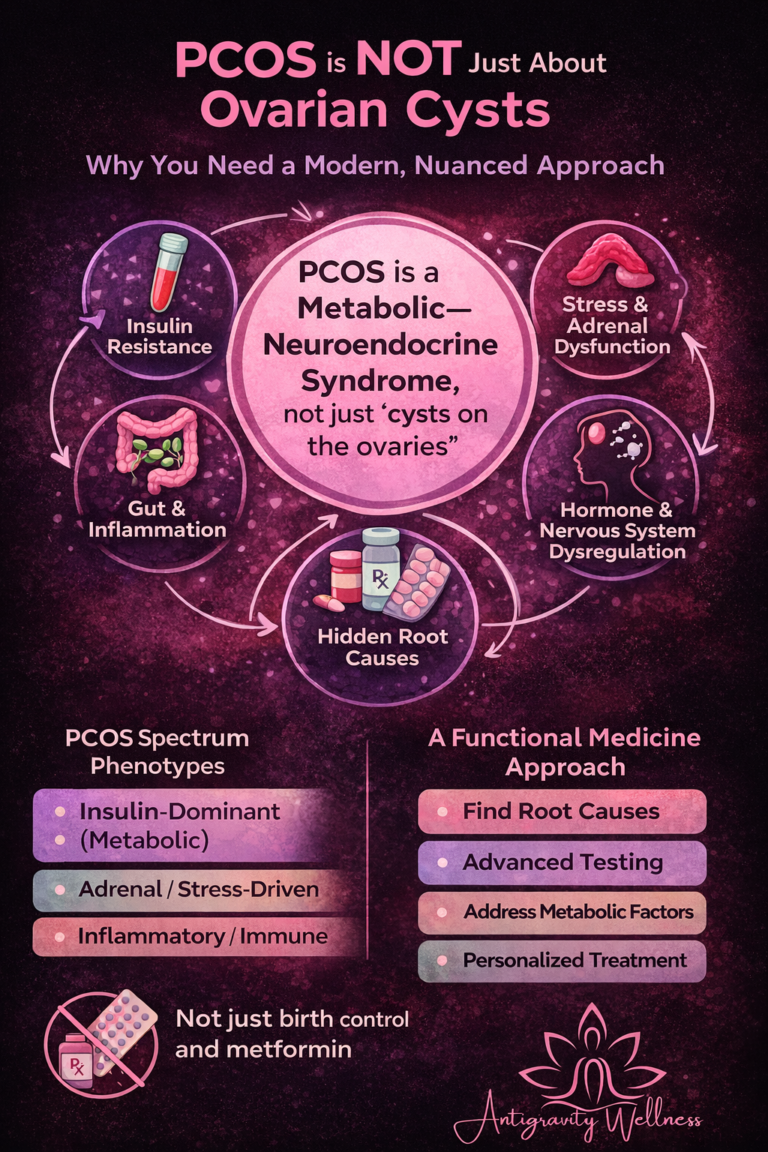
Many women today are feeling dismissed, overlooked, or downright confused when it comes to their health during perimenopause and menopause. Whether they’re being told “your labs are normal,” prescribed antidepressants without further investigation, or offered hormone therapy without any prior testing, the frustration is real.
So how can you tell if your doctor knows what they’re talking about when it comes to hormones? How do you sort fact from outdated information? And when should you seek a second opinion?
Let’s break it down.
______________________________________________________________________
Why This Matters: The Knowledge Gap in Menopause Care
It might surprise you to know that most primary care doctors receive very little formal training in menopause management. In fact, a 2011 study found that only 7% of U.S. medical residents felt adequately prepared to treat menopause-related issues, and nearly 83% of providers scored poorly in knowledge about hormone therapy guidelines and symptom management (AlDughaither et al., 2011).
This lack of training means many doctors rely on outdated or generalized treatment plans—like automatically prescribing antidepressants or offering birth control or HRT without digging into the root causes.
___________________________________________________________________________
Case Study: When Standard Care Misses the Mark
Let’s call her Sarah (name change to protect privacy).
Sarah came to Antigravity Wellness exhausted and defeated. She was in her early 40s and had been struggling with extreme fatigue, mood swings, brain fog, and irregular cycles. Her primary care doctor had diagnosed her with depression and placed her on an SSRI. No hormonal testing was done, and her concerns about possible perimenopause were brushed off because she was “too young.”
Later, another provider offered her hormone replacement therapy—again, without any lab work or consideration of her thyroid status, nutrient levels, or adrenal health.
When Sarah joined us at Antigravity Wellness, we started with a full functional assessment, including:
- Comprehensive hormone panel
- Thyroid and adrenal function
- Nutrient deficiencies (like B12, iron, and vitamin D)
- Inflammation and gut health markers
We discovered that she was, in fact, in late perimenopause with low progesterone, fluctuating estrogen, significant vitamin D deficiency, and signs of adrenal dysfunction. With a tailored treatment plan that included nutritional support, cycle-specific supplements, lifestyle shifts, and targeted HRT, Sarah experienced a dramatic improvement.
With her permission and in collaboration with her PCP, we safely weaned her off the antidepressant—because the root cause of her symptoms wasn’t depression. It was a complex hormonal shift that required a specialized, whole-body approach.
___________________________________________________________________________
What to Ask Your Doctor
Not all doctors are hormone experts—and that’s okay. But you deserve to know whether your provider has the expertise to guide you through this transition. Here are some questions to ask:
- What is your training in hormone health or menopause care?
- Do you follow The Menopause Society (formerly NAMS) or Endocrine Society guidelines?
- Do you typically test hormones before recommending treatment?
- Are you aware of functional or integrative approaches to hormone support?
- What experience do you have with managing perimenopause in women under 45?
If they’re unsure, dismissive, or vague, that’s your cue to explore other options—or ask for a referral.
___________________________________________________________________________
My Approach at Antigravity Wellness
While I, Dr. Nicole Smith, am not yet a certified menopause practitioner through The Menopause Society, I am sitting for the board exam this summer. In addition to my doctoral degree and board certification in family and orthopedic medicine, I have completed extensive advanced training in women’s hormone health, including perimenopause, menopause, and functional hormone restoration.
At Antigravity Wellness, we go far beyond symptom suppression. We work to:
- Identify root causes with functional lab testing
- Provide evidence-based nutrition, exercise, and lifestyle support
- Offer customized HRT regimens, when appropriate
- Collaborate with your primary care provider or specialist to ensure continuity of care
___________________________________________________________________________
How to Research for Yourself
If you’re feeling unsure about the care you’re receiving, here’s how you can start learning more and advocating for yourself:
- Visit The Menopause Society for up-to-date clinical guidance
- Read Mayo Clinic and Cleveland Clinic articles on perimenopause
- Ask for copies of your labs and seek a second opinion when needed
- Bookmark blog posts like this one for clear, referenced information
___________________________________________________________________________
References
1. AlDughaither, A., AlMutairy, H., AlAteeq, M. (2011). Knowledge and attitude of primary care physicians towards management of postmenopausal symptoms. Avicenna Journal of Medicine. https://www.tandfonline.com/doi/full/10.1016/j.ajme.2011.07.009
2. Mayo Clinic Staff. (2023). Perimenopause: Diagnosis and treatment. https://www.mayoclinic.org/diseases-conditions/perimenopause/diagnosis-treatment/drc-20354671
3. The Menopause Society. (2023). Find a Menopause Practitioner. https://portal.menopause.org/NAMS/NAMS/Directory/Menopause-Practitioner.aspx
4. Cleveland Clinic Staff. (2023). Perimenopause Overview. https://my.clevelandclinic.org/health/diseases/21608-perimenopause




